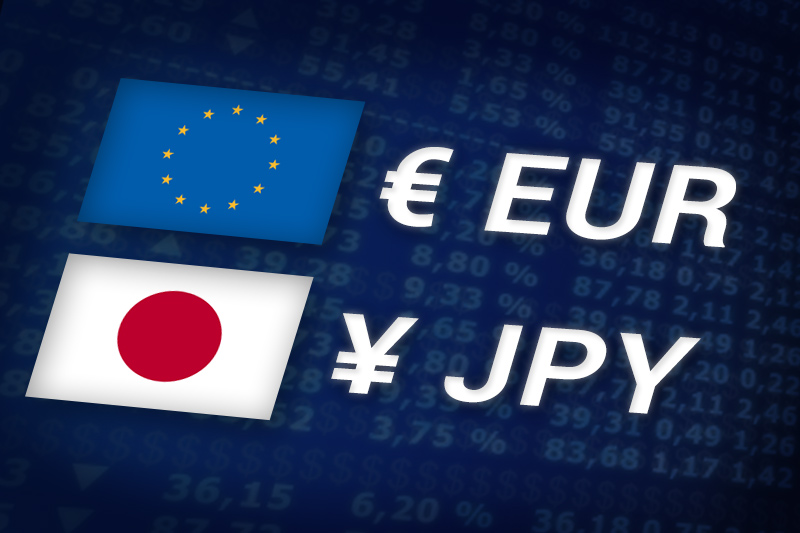Investing.com - The euro erased early gains against the yen on Wednesday, amid uncertainty over progress in talks aimed at restructuring Greece’s debt, but the single currency remained supported after Japan reported its first trade deficit in over 30 years.
EUR/JPY retreated from 101.81, the pair’s highest since December 27, to hit 101.18 during European afternoon trade, dipping 0.05%.
The pair was likely to find support at 100.01, Tuesday’s low and resistance at 101.81, the session high.
Concerns over a potential Greek default persisted as talks on a deal to help restructure the country’s sovereign debt remained stalled.
The euro had advanced to a one-month high against the yen earlier, after data showed that German business confidence improved more-than-expected in January, moving higher for the third consecutive month.
The German research institute Ifo said its Business Climate Index rose to 108.3 in January from a reading of 107.3 the previous month. Analysts had expected the index to ease up to 107.5 in January.
But the euro remained supported after official data showed that Japan recorded its first annual trade deficit for 31 years in 2011, sparking concerns over the impact of the stronger yen and slowing global growth on the country’s largely export-driven economy.
However, the Bank of Japan said in its monthly report that the country's exports are likely to increase moderately going forward, as recovery in overseas economies gathers pace.
The euro was also lower against the U.S. dollar, with EUR/USD shedding 0.59% to hit 1.2957.
Later Wednesday, the Federal Reserve was to announce the federal funds rate and publish its official rate statement. In addition, the U.S. was to release industry data on pending home sales.
Meanwhile, the World Economic Forum was beginning its five-day annual meeting in Davos in Switzerland.
EUR/JPY retreated from 101.81, the pair’s highest since December 27, to hit 101.18 during European afternoon trade, dipping 0.05%.
The pair was likely to find support at 100.01, Tuesday’s low and resistance at 101.81, the session high.
Concerns over a potential Greek default persisted as talks on a deal to help restructure the country’s sovereign debt remained stalled.
The euro had advanced to a one-month high against the yen earlier, after data showed that German business confidence improved more-than-expected in January, moving higher for the third consecutive month.
The German research institute Ifo said its Business Climate Index rose to 108.3 in January from a reading of 107.3 the previous month. Analysts had expected the index to ease up to 107.5 in January.
But the euro remained supported after official data showed that Japan recorded its first annual trade deficit for 31 years in 2011, sparking concerns over the impact of the stronger yen and slowing global growth on the country’s largely export-driven economy.
However, the Bank of Japan said in its monthly report that the country's exports are likely to increase moderately going forward, as recovery in overseas economies gathers pace.
The euro was also lower against the U.S. dollar, with EUR/USD shedding 0.59% to hit 1.2957.
Later Wednesday, the Federal Reserve was to announce the federal funds rate and publish its official rate statement. In addition, the U.S. was to release industry data on pending home sales.
Meanwhile, the World Economic Forum was beginning its five-day annual meeting in Davos in Switzerland.
